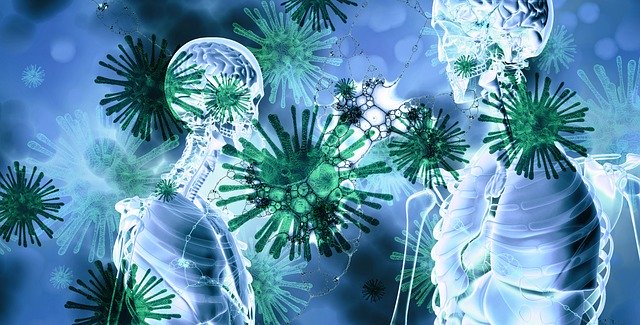Viruses change all the time, and COVID-19 isn't an exception. The most interesting changes come from S-protein mutations since most anti-SARS-CoV-2 vaccines are focused on producing the antibodies targeting S-protein.
The team of researchers from UK and USA suggested the method of tracking the evolution of S-protein, based on observing the dynamic of changes in the S-protein sequence that would show the positive selection directed into fixating the certain variants of the protein. The other goal of the study was to understand the role of recombination in the SARS-CoV-2 evolution.
Researchers found 14 mutations eligible for those criteria. One of those mutations named D614G is heavily influenced by the global positive selection. The site where the mutation located is also recognized by the antibodies, meaning the people who already recovered from the COVID-19 can get infected with the new variant of the virus.
It is also suggested that this mutation allows the virus to spread faster. COVID-19 strains with this mutation are replacing the original Wuhan strains.
It is still too early to talk about the correlation between mutation and virus characteristics. The mutation isn't linked to hospitalization frequency.
Researchers also proved that one of the mutations is spread between the viruses in Europe (in Belgium in particular) by recombination, which proves that different virus variants can meet and exchange their sequence particles. Recombination also allows viruses to improve themselves, collecting the best qualities from the base strains. This spread can be prevented by strictly following the self-isolation rules.
